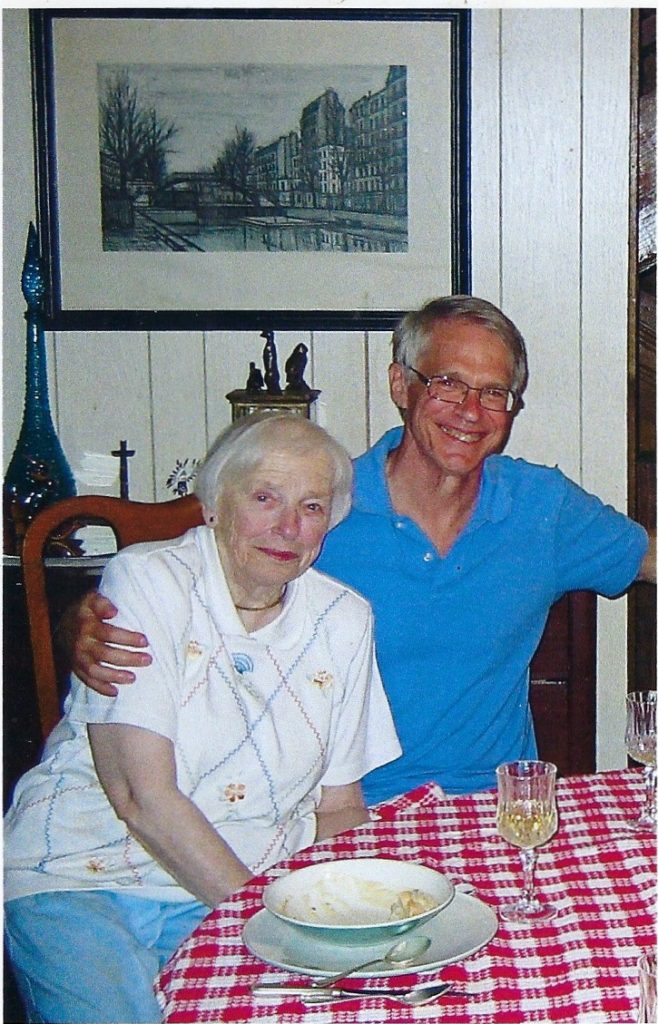
Tuesday
Two years ago Julia and I retired to Sewanee to live with my mother, and last week she celebrated her 95th birthday, sometimes in small (socially-distanced) groups, sometimes via zoom. Shakespeare would approve of the love we feel for her as he hopes for such love from the “faire youth” to whom he addresses the first 126 sonnets. (Disclaimer: At 69, I do not lay claim to “faire youth” status.)
I can report that, while mother has multiple aches and pains and requires a cane, she continues to write her weekly poetry column for the local newspaper and is as sharp as ever. Sonnet 73 seems particularly applicable.
The poet describes himself as getting old, comparing himself to the time of year when “yellow leaves, or none, or few, do hang/ Upon those boughs which shake against the cold.” The shaking may be palsy and the leaves the teeth that he is losing. The “bare ruin’d choirs where late the sweet birds sang,” meanwhile, are the monasteries that fell into decay after Henry VIII broke with Catholicism and seized their assets. Age is causing us all to fall apart.
Death, the poet acknowledges, is not far away, and he himself has been reduced to smoldering embers. This fact, however, just “makes thy love more strong,/ To love that well which thou must leave ere long.”
I think my mother has many good years left and don’t anticipate her leaving us ere long. The knowledge that we are witnessing “the twilight of such day/As after sunset fadeth in the west,” however, does indeed make my love for her more strong. I have learned to treasure every moment.
Happy birthday, mama.
That time of year thou mayst in me behold
When yellow leaves, or none, or few, do hang
Upon those boughs which shake against the cold,
Bare ruin'd choirs, where late the sweet birds sang.
In me thou see'st the twilight of such day
As after sunset fadeth in the west,
Which by and by black night doth take away,
Death's second self, that seals up all in rest.
In me thou see'st the glowing of such fire
That on the ashes of his youth doth lie,
As the death-bed whereon it must expire,
Consum'd with that which it was nourish'd by.
This thou perceiv'st, which makes thy love more strong,
To love that well which thou must leave ere long.

